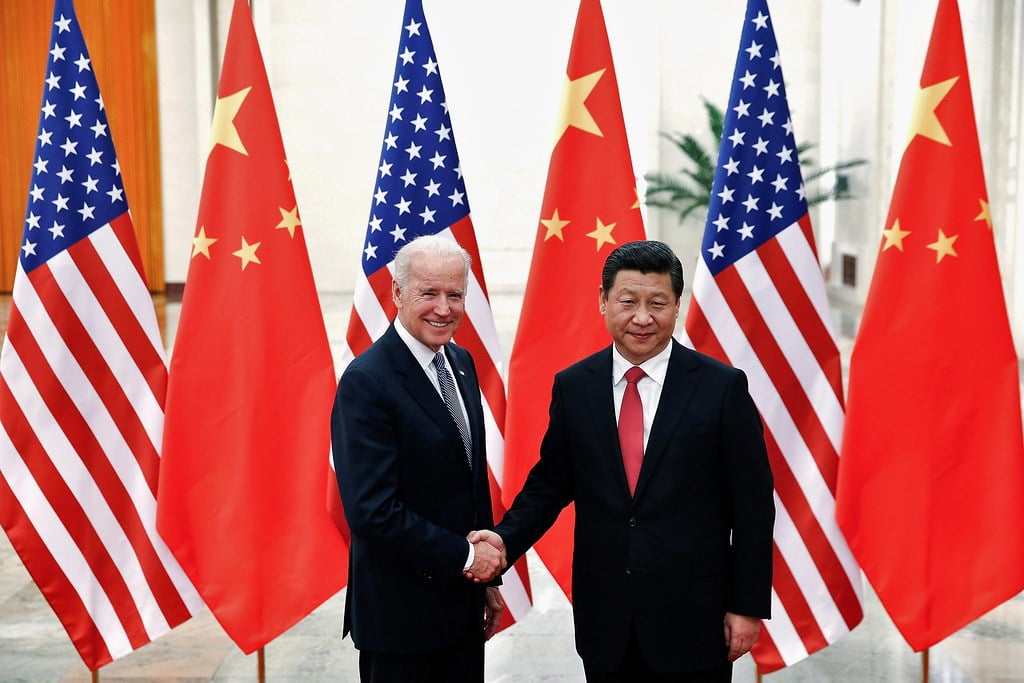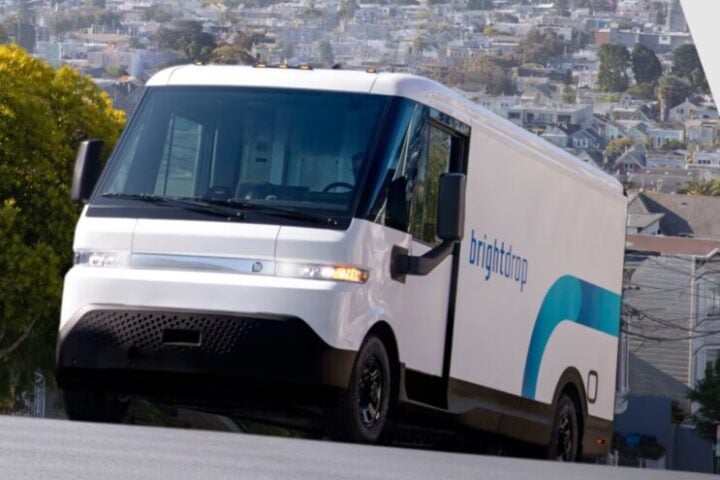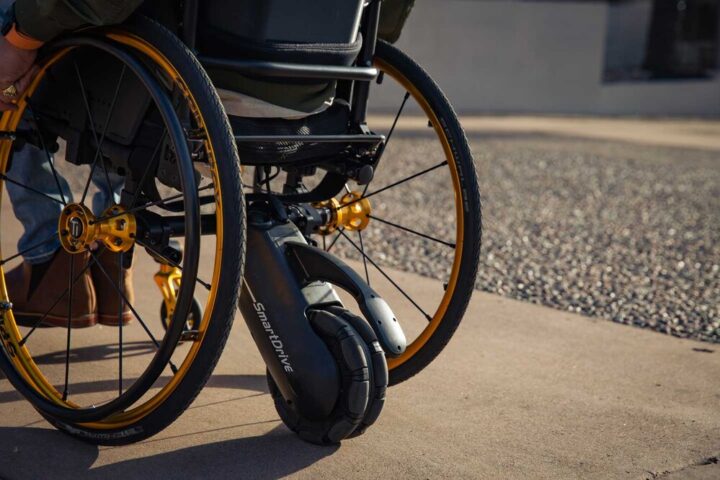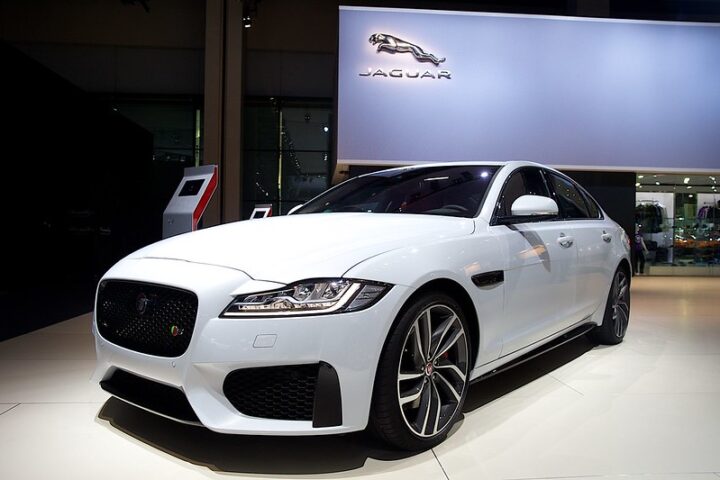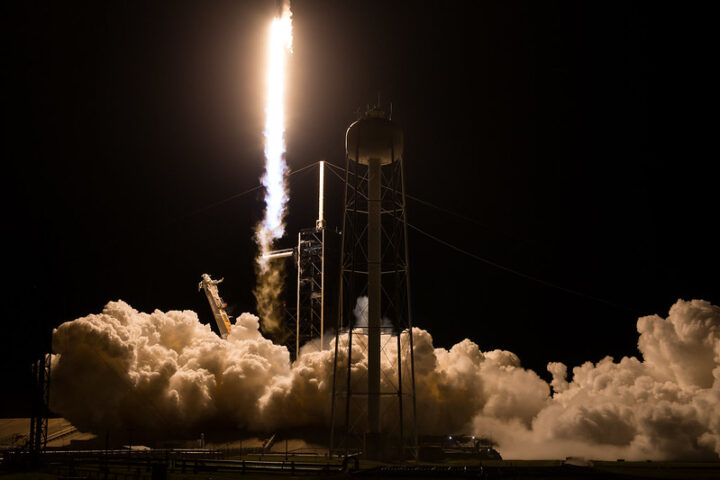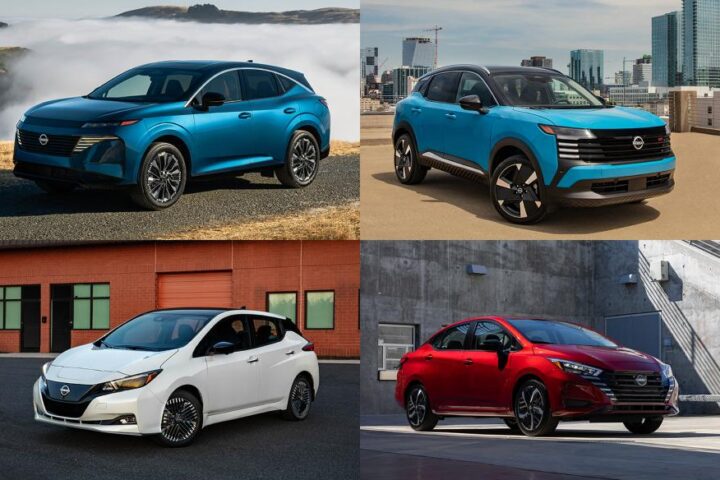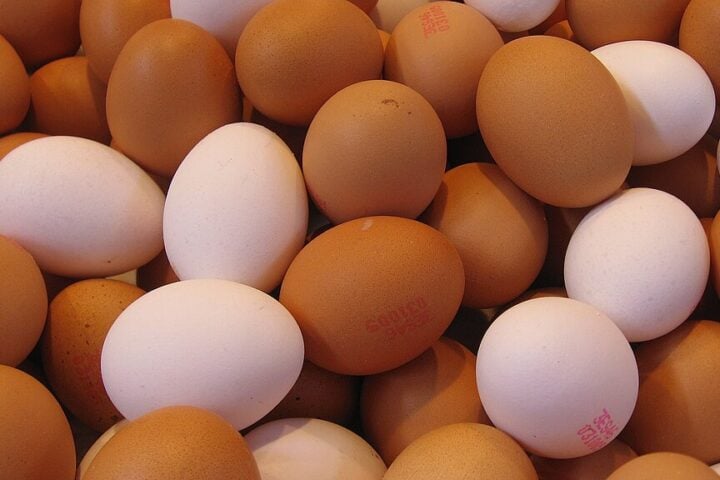U.S. President Joe Biden announced new tariffs worth $18 billion on imports of Chinese products on Tuesday, with electric vehicles being the hardest hit, with duties rising from 25% to 100%. The new tariffs affect sectors described by the White House as vital for the future economic and national security of the United States, including steel, aluminum, semiconductors, electric vehicles, batteries, solar panels, ship unloading cranes, and medical products.
Significant Increases in Tariffs on Electric Vehicles and Batteries
The most significant tariff affects electric vehicles, increasing from 25% to 100% this year. This substantial increase responds to the significant rise in Chinese electric vehicle exports to the United States, which grew by 70% between 2022 and 2023, something Washington sees as a threat to the development of the domestic market for these vehicles. Biden aims for up to two-thirds of new cars sold in the United States to be electric by 2032 and has implemented various programs to incentivize their production.
Another significant tariff increase is on batteries used in electric vehicles, a market that China controls 80% of due to its dominance in the mining, processing, and refining of critical minerals. Specifically, according to the White House, tariffs on lithium-ion batteries will rise from 7.5% to 25% this year, while tariffs on non-electric vehicle lithium-ion batteries will increase from 7.5% to 25% in 2026. The tariff on battery parts will rise from 7.5% to 25% this year, and on natural graphite and permanent magnets from 0% to 25% in 2026. Lastly, tariffs on other critical minerals will increase from 0% to 25% in 2024.
Tariff Increases in Clean Energy and Medical Sectors
In the clean energy sector, tariffs on solar panels will also increase, rising from 25% to 50% this year. The same increase will apply to semiconductors, although in this case, the increase will occur in 2025. This increase aims to boost domestic semiconductor production, supported by a $53 billion investment approved by Congress in 2022, to avoid the price hikes experienced during the pandemic in sectors such as automotive and appliances. The White House also announced tariffs on ship unloading cranes, rising from 0% to 25% this year, and on medical products.
In the case of medical products, tariffs on syringes and needles will rise from 0% to 50% in 2024, while tariffs will increase from 0 or 7.5% to 25% for personal protective equipment such as respirators and masks. Additionally, tariffs on medical and surgical rubber gloves will rise from 7.5% to 25% in 2026.
Similar Posts
War of Words and Tariffs
In its statement, the White House sought to distinguish these tariffs, specifically targeting sectors in which Biden has invested, from the “indiscriminate tariffs” that, in its view, Trump imposed when he was president. During his tenure, Trump applied tariffs on Chinese products worth hundreds of billions, to which Beijing responded with more tariffs, triggering a trade war that had negative consequences for global growth.
“There’s a Chinese saying for that logic, “The magistrate allows himself to set fire but bans everyone else from lighting candles.” Or, to use a US expression, “Do as I say, not as I do,” Wang Wenbin reacted strongly, one of the spokesperson for the Chinese Foreign Ministry. “I would like to tell you that China opposes unilateral tariffs that violate WTO rules and will take all measures necessary to defend our legitimate rights and interests,” as per Wenbin when asked about the new U.S. measures.
